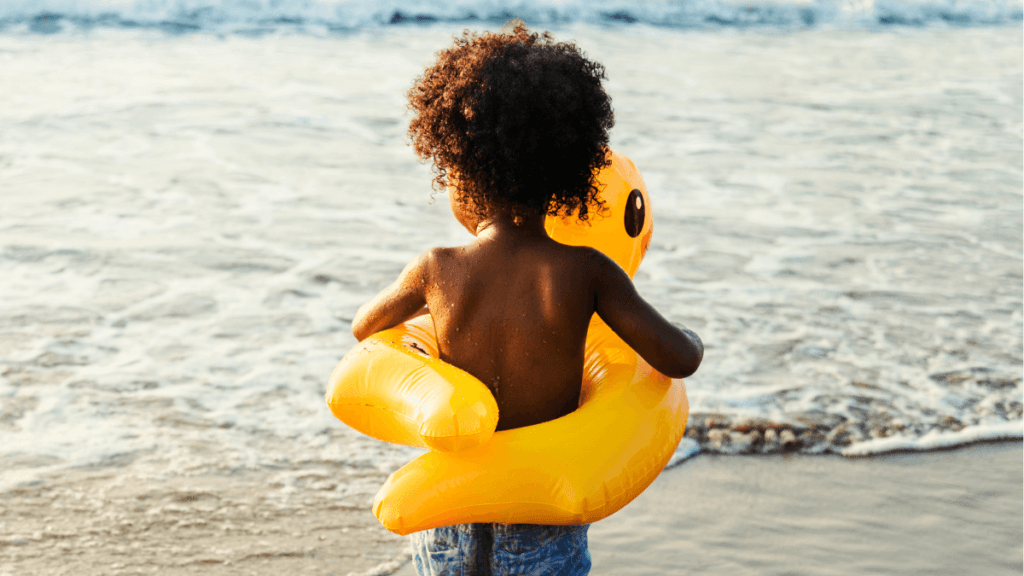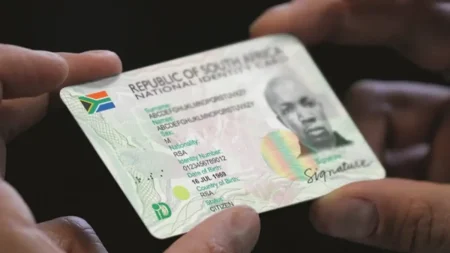The school holidays in South Africa present an exciting opportunity for families to unwind, relax, and spend quality time together. However, the extended break can sometimes feel like a challenge, especially when trying to balance the need for fun with the importance of continued learning.
Parents often want to make sure that their children don’t lose the progress they’ve made during the school term while still giving them the freedom to enjoy their time off. Finding that perfect balance is possible with a little planning, creativity, and a good understanding of your child’s needs.
The Importance of Maintaining a Learning Routine
While school holidays are a time for rest, the importance of continued learning cannot be overstated. Even if formal schooling is not in session, learning doesn’t have to stop. In fact, the holiday period can be the perfect time to expand on knowledge, explore new skills, and even cultivate a love for learning in a relaxed and enjoyable environment.
Studies have shown that students can lose up to a month’s worth of learning over the holiday break, especially when it comes to reading and mathematics. This phenomenon, known as the “summer slide,” can be particularly noticeable when children are left to their own devices without structured activities. In South Africa, this can be especially problematic considering the academic challenges many students face throughout the school year.
However, learning doesn’t always have to be about sitting down with textbooks or worksheets. In fact, informal learning experiences, such as creative play, travel, or exploration, can be just as effective, if not more so, in fostering a child’s development. The key is to incorporate educational activities into the holiday period in ways that keep children engaged and motivated.
1. Incorporating Educational Outings and Experiences
South Africa is home to a wealth of educational opportunities that can be both fun and informative. These outings not only allow children to experience different aspects of South African culture and history but also provide hands-on learning that is difficult to replicate in the classroom.
Museums and Historical Sites: Cities like Pretoria, Cape Town, and Durban are rich in cultural heritage and history. Visits to museums, historical sites, and landmarks can provide children with an engaging way to learn about South Africa’s past. For example, the Apartheid Museum in Johannesburg offers a powerful look at the country’s history, while Robben Island near Cape Town provides an insightful experience into the life of Nelson Mandela.
Nature Reserves and Wildlife Parks: A trip to a nature reserve or wildlife park, such as Kruger National Park or Addo Elephant Park, offers children the chance to learn about local biodiversity, conservation efforts, and the importance of protecting endangered species. Activities like bird watching or guided safaris can spark curiosity about wildlife, ecosystems, and the environment, making for an engaging and educational experience.
Science Centres and Planetariums: South Africa boasts several science centres, like the Sci-Bono Discovery Centre in Johannesburg or the Iziko South African Museum in Cape Town, which offer interactive exhibits that make science come to life. A visit to a planetarium can also fuel an interest in space exploration and astronomy, encouraging children to ask questions and learn more about the universe.
2. Creative Learning through Arts and Crafts
The school holidays are an ideal time to engage children in creative activities that stimulate both their imagination and learning. South Africa has a rich cultural diversity, and arts and crafts activities can introduce children to new artistic traditions and foster an appreciation for different forms of expression.
Cultural Crafts and Art Projects: Organize fun art projects that reflect South Africa’s cultural diversity. You can explore indigenous art, beadwork, and craft-making, or let your children experiment with various mediums like painting, sculpture, and collage. You can visit local craft markets, such as those in Soweto or Stellenbosch, to get inspired by the work of local artists.
Music and Dance: Music and dance are important parts of South African culture, with various traditional and modern styles to explore. Introduce your children to the rhythms of drumming or the energetic moves of Zulu or Afrikaans dances. Music lessons or family dance-offs at home can be a fun way to keep the whole family active while learning new skills.
3. Incorporating Fun Learning at Home
If a trip or outing isn’t possible, there are numerous ways to continue learning from the comfort of home. This doesn’t mean turning the school holidays into a school-term-like routine, but rather integrating learning into fun, everyday activities.
Educational Games and Puzzles: Board games, puzzles, and card games are excellent tools for building cognitive and social skills. Games like Scrabble, Monopoly, or memory games encourage critical thinking, problem-solving, and collaboration. Many educational websites also offer interactive games that teach a variety of subjects, from math and science to geography and languages.
Reading Challenges: Encourage children to read during the holidays by setting up a reading challenge. Local libraries often host holiday reading programs, where kids can sign up to read books and win prizes. Alternatively, parents can organize a family reading time, where children read aloud to parents or siblings, or enjoy listening to audiobooks.
Cooking and Baking Together: Cooking is an activity that combines learning with fun. It can teach children important skills like measurement, following instructions, and even basic science principles like heat and chemical reactions. Trying out South African recipes, such as making bunny chow or cooking a traditional potjiekos, also introduces children to the country’s culinary diversity.
4. Digital Learning Tools
In today’s digital age, many children are tech-savvy and accustomed to using smartphones, tablets, and computers. While it’s important to limit screen time, digital learning tools can be a fun and effective way to supplement their education.
Educational Apps: There is a growing range of educational apps that cater to different age groups, covering subjects like math, reading, and even coding. Apps like Khan Academy Kids, Duolingo, and Prodigy Math Game are not only fun but also free and highly interactive.
Online Learning Platforms: Platforms like FunDza and GetSmarter offer engaging learning materials for South African students of all ages. These platforms can provide children with an opportunity to build on their skills in specific subjects or even explore new topics that may not be covered in the typical curriculum.
5. Letting Children Lead the Way
One of the most effective ways to engage children in learning during the school holidays is to allow them to take the lead. Give them the freedom to choose activities that interest them, whether it’s a hobby, a new skill, or a topic they’re curious about. This encourages independence, critical thinking, and a sense of ownership over their learning.
Consider giving your child a “learning journal” where they can jot down new things they’ve discovered, questions they want to explore, or ideas they’d like to try. This can be a fun way for them to reflect on what they’ve learned during the holidays and can serve as a resource to revisit once school resumes.
Check also: South Africa School Calendar 2025
Balancing fun and learning during the school holidays is all about creating opportunities for children to explore, engage, and grow in a relaxed setting. Whether through outdoor adventures, creative activities, educational games, or even digital learning, there are countless ways to ensure that children continue to learn while still having a memorable school holiday. In South Africa, where the holidays coincide with the country’s rich culture, history, and natural beauty, families have the added benefit of a vibrant and diverse environment that is perfect for fostering both fun and learning.
By adopting a flexible approach, parents can create meaningful and enjoyable experiences that benefit their children’s educational development, while also ensuring they get the rest and play they need to recharge for the next school term.










